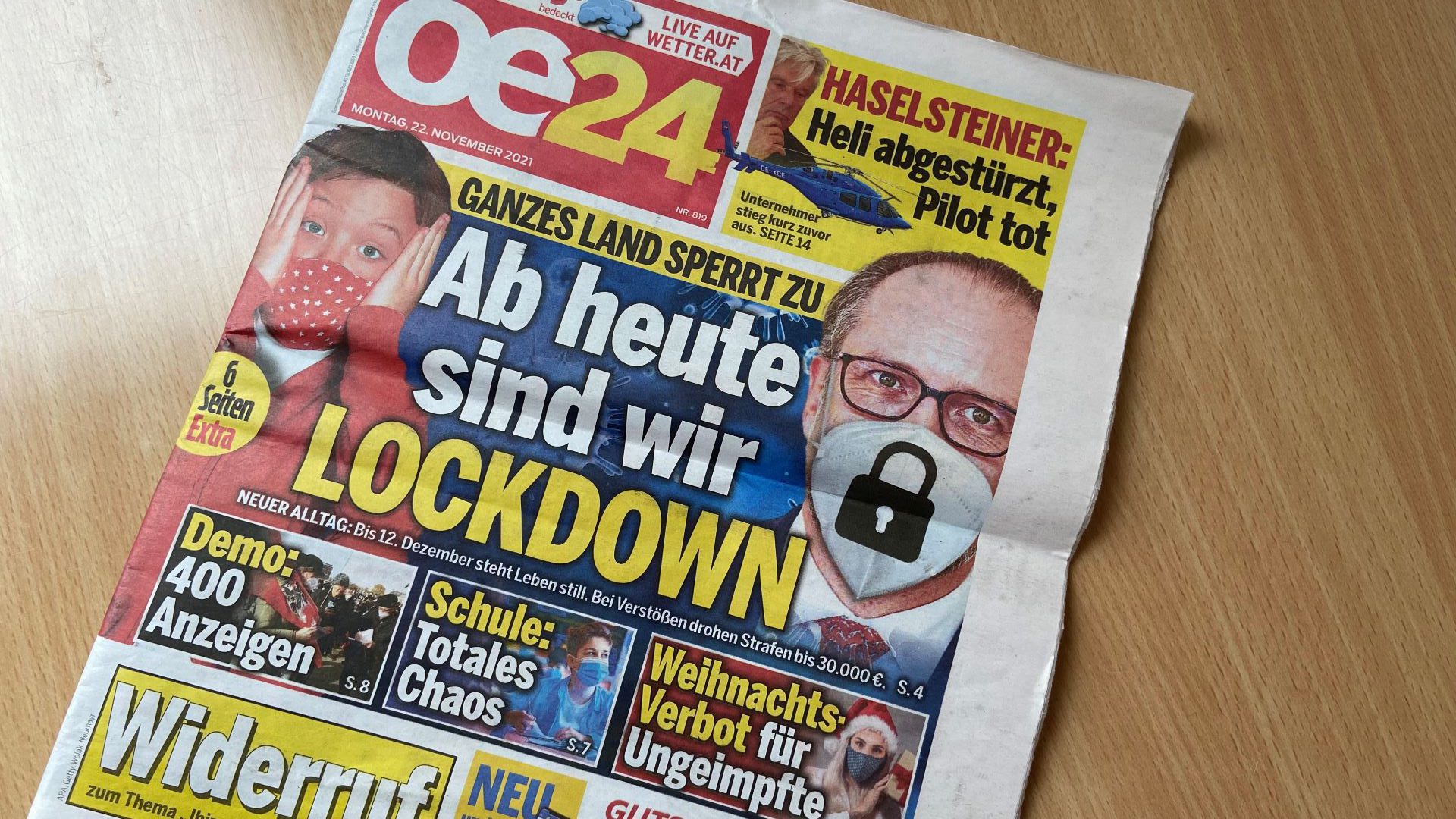As the COVID-19 pandemic sweeps swiftly across the globe, health systems have been ill-prepared to meet the increased demand for specific medical equipment. Although these shortcomings can be attributed to a variety of factors, one particularly significant issue is the rigid regulatory framework surrounding healthcare systems throughout the world. This has a detrimental impact on opportunities for innovation.
Extensive sets of government regulations serve to drive up the cost of healthcare and medical equipment, with this problem becoming increasingly apparent in light of the COVID-19 pandemic and the struggle faced in most countries to procure adequate testing and ventilators. However, despite some questionable government actions, such as the bulldozing of informal markets which have destroyed individuals’ livelihoods, innovation and experience drawn from past pandemics in the country of Senegal appears to be making a difference in efforts to combat the virus.
Innovation driving down cost of tests
In Senegal, all those who enter medical facilities are able to be tested, whether or not they present COVID-19 symptoms, with the west African nation being among very few places where testing is as readily available.
As widespread testing remains to be one of the most important factors to successfully mitigating the spread of COVID-19, researchers at the Pasteur Institute in Dakar are working on the development of affordable testing kits. Their goal is to be able to produce several million tests to be distributed in Senegal and across the continent.
Researchers in Senegal have been able to draw on past experience with other diseases. For instance, the Pasteur Institute’s affordable testing kit is derived from previous work on developing tests for dengue fever.
Making effective use of available resources
In Senegal’s battle against the novel coronavirus, innovative solutions are not limited to testing. Engineering students have been involved in developing and producing medical robots and other useful devices, such as automatic hand sanitizer dispensers for hospitals.
Some students have developed robots capable of taking blood pressure and temperature readings. These robots will be particularly useful in helping to reduce the amount of personal protective equipment required, as it lessens the rate at which doctors and nurses become exposed to infected patients.
However, these are still hampered by government-imposed curfews, meaning that the time frame during which the students are allowed to make use of their laboratories is restricted.
Another area in which innovation has made a difference is in the development of affordable ventilators. At the onset of the pandemic, an urgent need for more ventilators was apparent, as there were only 50 in the entire country, which has a population of around 16 million. Thankfully, a means to mitigate this shortage was found, as 3D printers were used to produce new ventilators at a fraction of their conventional cost.
When considering the devastating consequences of ill-prepared health systems in Europe and the U.S., initiatives such as these are especially important in a region where health care facilities already have comparatively limited resources. If the pandemic is to be brought under control, it is crucial that relevant government authorities become more flexible with regard to innovative solutions, instead of attempting to maintain a firm monopoly on relief efforts as has too often been the case.
Students For Liberty is hosting a series of webinars with influencers across the globe to discuss topics such as COVID-19 and the government’s response.
To register for an upcoming webinar, visit our Liberty at Home page by clicking on the button below.








